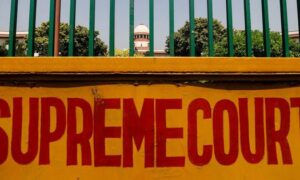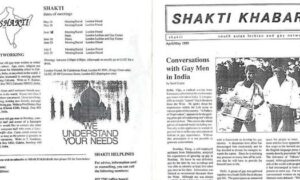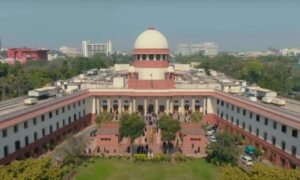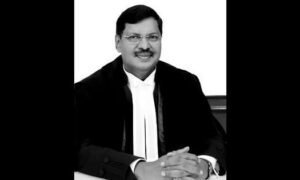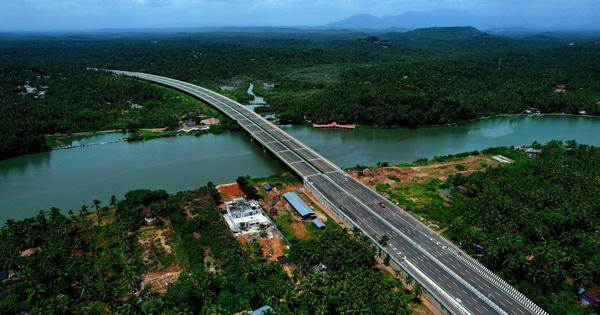
Kerala’s new National Highways are being built in the name of development and progress. They promise to shorten travel time, quicken the flow of goods, and let sleek cars glide from one end of the state to the other. Yet, I find myself uneasy.
For in this narrow land – barely 120 kilometres from mountains to sea – where people live in a seamless “rurban” landscape, where rural and urban space flow into one another without visible borders, such speed comes at a high social and ecological cost.
More than a century ago, English academic Thomas F Taylor warned of “the fallacy of speed”, Writing in 1909, he argued that the pursuit of ever-greater velocity in movement and production would unravel the moral and social fabric of society. Speed, he said, does not merely shorten distances; it distorts relationships. It pulls people and wealth toward a few centres and leaves others depleted.
Mohandas Gandhi, reading Taylor that same year, drew the lesson into his Hind Swaraj. He saw in the railway and the motorcar the very symbols of a civilisation intoxicated by haste – machines that made us believe we were advancing while eroding community and self-reliance. For Gandhi, the question was never how fast we could move, but whether our movement served truth, equity, and the human scale.
Philosopher Ivan Illich, writing 60 years later in Energy and Equity, gave this moral intuition a political edge. He showed that beyond a certain threshold, speed creates injustice: “the faster a society moves, the more unequal it becomes”. High-energy transport, he argued, monopolises public space for the privileged few while the majority pay the hidden costs – through congestion, pollution, and exclusion.
Kerala today stands at precisely this threshold. Our new highways, designed for the car-owning classes, will enable a small segment to move faster while displacing countless small traders, local service providers and slow travelers who once animated our roads.
The older network of tarred roads and railways, woven into the everyday geography of our settlements, fostered a pattern of commerce and connection that matched our density and diversity. These new corridors, presumably patterned after Germany’s Autobahn, will privilege speed over equity, concrete over community.
What makes this pursuit of speed even more troubling is that it defies the very landscape of Kerala. Contractors and planners have often ignored the state’s fragile geography: its undulating hills and valleys, its 41 rivers flowing westward from the mountains to the sea, its porous soils and its intense monsoon rains. In several places, even before completion, sections of the new highways have collapsed under waterlogging and poor design. When speed is imposed on terrain that calls for sensitivity and restraint, the result is not progress but erosion: of soil, stability, and ultimately, of trust in public purpose.
I make this reflection not from the outside but as one within. I, too, own a Wagon R car. Yet, at 75, I find myself choosing more often to walk, or to take the bus or train when I travel across the state. In these slower journeys I discover something of the Kerala I cherish: a land where travel is shared, where people greet one another and where the rhythm of movement allows space for thought, encounter and care.
The lesson from Taylor, Gandhi and Illich is clear: speed is not neutral. It shapes the society that embraces it. In Kerala, a land that has achieved enviable human development through social investment rather than material excess, we must pause to ask whether the “progress” of the highway aligns with the spirit of our own development journey.
True progress may well lie, not in moving faster, but in ensuring that everyone – rich or poor, motorist or pedestrian – can travel together at a human pace, along roads that sustain both our ecology and our equality.
John Kurien is a reflective development practitioner. He lives in Kozhikode.
📰 Crime Today News is proudly sponsored by DRYFRUIT & CO – A Brand by eFabby Global LLC
Design & Developed by Yes Mom Hosting


